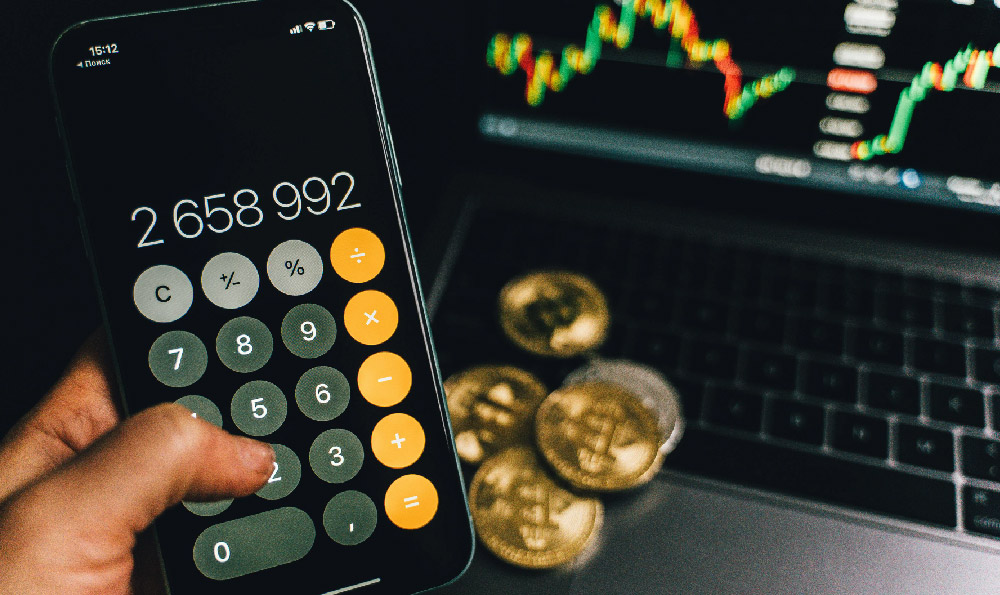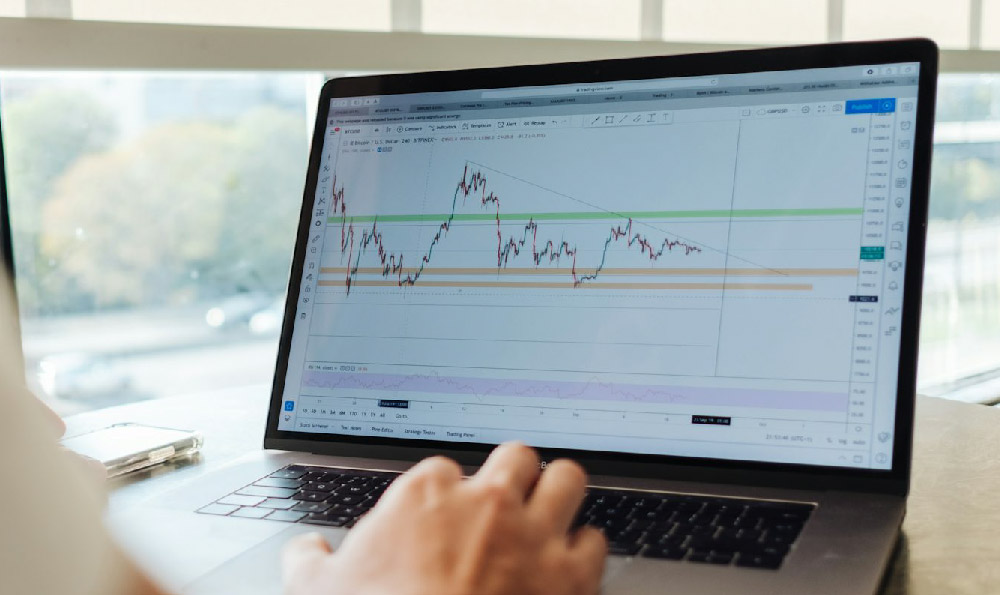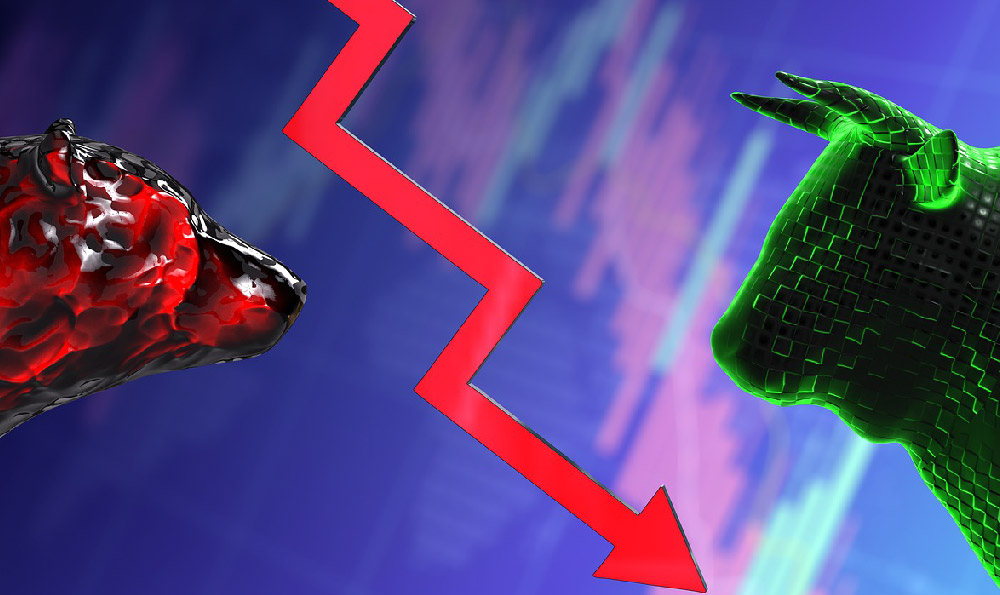Here's an article addressing the question of immediate Amazon charges and potential delays:
Navigating the nuances of Amazon's payment processing system can sometimes feel like deciphering a complex algorithm. Understanding why you might want Amazon to charge you immediately and, conversely, why it sometimes takes its time, is crucial for effective budgeting and financial planning. Let's explore these aspects of the Amazon payment landscape.
Firstly, let's consider the desire for immediate charges. Many individuals prefer immediate charges for several reasons. Foremost is budgeting accuracy. Knowing exactly when funds are withdrawn from your account facilitates more precise tracking of expenses and prevents overdrafts. This is particularly important for those who carefully manage their cash flow and rely on consistent financial reporting. Another reason stems from a psychological need for closure. Seeing the charge appear promptly offers a sense of transaction completion and reduces the anxiety of potential future deductions. For some, it's simply about staying organized; immediate charges align more closely with their accounting practices and make reconciling bank statements simpler.

Unfortunately, Amazon doesn’t generally offer a setting or option to force immediate charges for most purchases. The way their system is designed, the charging process is triggered by specific events related to the fulfillment of the order, rather than the moment you click the "Place your order" button.
So, what dictates when Amazon actually charges your card? The most common trigger is when your order is prepared for shipment. This is typically the point when Amazon verifies inventory, packages your items, and prepares them to leave the warehouse. This makes logical sense from their perspective, as it ensures the order is actually fulfillable before money is deducted. For digital purchases, like e-books or digital music, the charge usually occurs almost instantly as the delivery is essentially immediate. If your order contains items from multiple sellers or requires separate shipments due to size or availability, you'll likely see individual charges as each part of your order ships.
Now, let's address the reverse scenario: why Amazon might not be charging you immediately. Several factors can contribute to this delay. One of the most common reasons is that the order is still in the pre-shipping phase. This could mean the item is backordered, awaiting stock from a different warehouse, or simply being processed for picking and packing. The larger and more complex the order, the longer this process may take. Items sold by third-party sellers through Amazon can also experience delays in charging, as the seller, not Amazon directly, controls the fulfillment and shipment timeline. Therefore, the charging process is dependent on when the seller confirms shipment.
Payment method verification can also cause delays. If you recently updated your payment information or if there's a discrepancy between the billing address you provided and the address associated with your credit card, Amazon may need to verify the information before proceeding with the charge. They might place a temporary authorization hold on your card to ensure the card is valid and has sufficient funds. These holds are not actual charges and will typically disappear within a few days, depending on your bank’s policies.
Furthermore, Amazon Prime members often benefit from consolidated shipping, where multiple orders are grouped together to reduce shipping costs and environmental impact. If you're a Prime member and your order is part of a consolidated shipment, the charge might be delayed until all items in the group are ready to ship. Similarly, pre-ordered items are generally not charged until they are shipped, ensuring you are not billed for something you haven't received yet.
Finally, and perhaps most rarely, technical glitches within Amazon’s payment processing system can sometimes cause delays. While infrequent, these glitches can occasionally disrupt the normal charging process. In such cases, contacting Amazon customer service is the best course of action to inquire about the status of your order and payment.
So, what can you do if you really want Amazon to charge you sooner rather than later? While you can't force an immediate charge, there are a few strategies you can employ to potentially expedite the process. Firstly, ensure your payment information is always up-to-date and accurate. This minimizes the risk of verification delays. Secondly, consider ordering items that are in stock and readily available, as backordered items will naturally delay the charging process. Thirdly, avoid placing large, complex orders with items from multiple sellers, as these orders are more likely to be split into separate shipments and charged individually over time.
In conclusion, understanding Amazon's payment processes empowers you to manage your finances more effectively. While immediate charges aren't typically available, knowing the factors that influence when you'll be charged allows you to anticipate and plan accordingly. By keeping your payment information current, being mindful of order complexity, and understanding the nature of Amazon's fulfillment system, you can navigate the Amazon payment landscape with greater confidence and control. If you encounter unusual delays or discrepancies, don't hesitate to reach out to Amazon's customer service for assistance. They can provide valuable insights into your specific situation and help resolve any issues.












